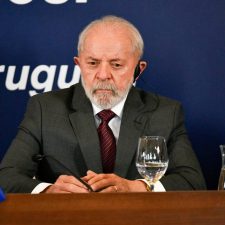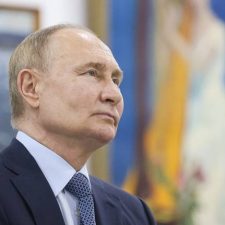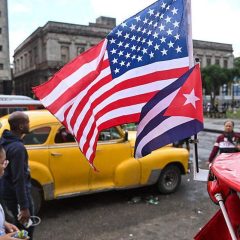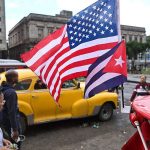The big question among Brazil watchers in this capital is whether newly re-elected President Dilma Rousseff will improve her government’s ailing ties with the United States during her second term. Most are skeptical that she will.
Despite Rousseff’s statement after a telephone conversation with President Barack Obama on Tuesday that both leaders will take “all possible measures” to revamp bilateral ties, and that their foreign ministries will start talks to reschedule a previously canceled Rousseff visit to Washington, few diplomats or foreign-policy experts believe there will be a significant improvement in Brazil-U.S. ties during Rouseff’s second term.
The reason is that Rousseff’s foreign policy is run by her left-of-center Workers Party’s leftist wing, which prioritizes Brazil’s ideological alliances with Venezuela, Argentina, and other leftist-ruled neighboring countries over improving relations with Washington. And that’s not likely to change anytime soon.
Rousseff, who won Sunday’s elections in Latin America’s biggest country with a meager 51.6 percent of the vote, has focused her foreign policy on strengthening South America’s economic and political blocs, including the MERCOSUR trade bloc led by Brazil, Argentina, and Venezuela.
Para continuar leyendo sobre este artículo haga click aquí
Etiquetas: Andres Oppenheimer, Brazil, Brazil foreign relations, Dilma Rousseff

 Share On Facebook
Share On Facebook Tweet It
Tweet It














